Conference Archive [2023]
Health systems in crisis
Countering shockwaves and fatigue
26 - 29 SEPTEMBER | HYBRID CONFERENCE | BAD HOFGASTEIN
At the hybrid European Health Forum Gastein 2023, decision-makers, experts, and community members from the public and private sector, civil society, and science and academia came together to discuss how we can ride out the current shockwaves and explore how crises can help catalyse the development of new approaches to health system problems.
EHFG 2023 reports
Meet some of our
SPEAKERS
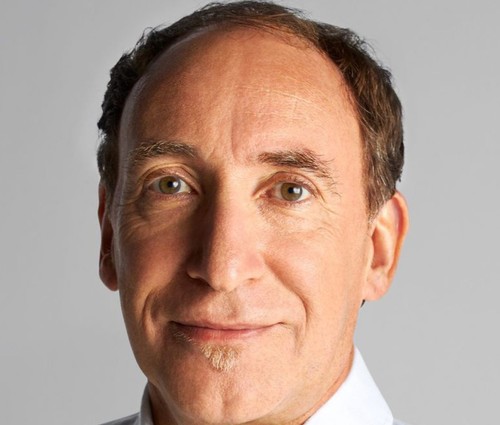
Johannes Rauch
Federal Minister of Social Affairs, Health, Care and Consumer Protection, Austria
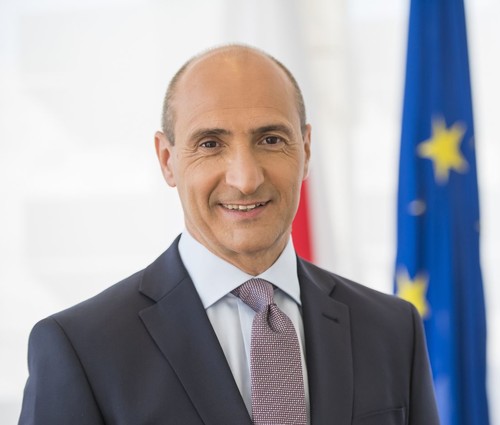
Christopher Fearne
Deputy Prime Minister and Minister for Health, Malta
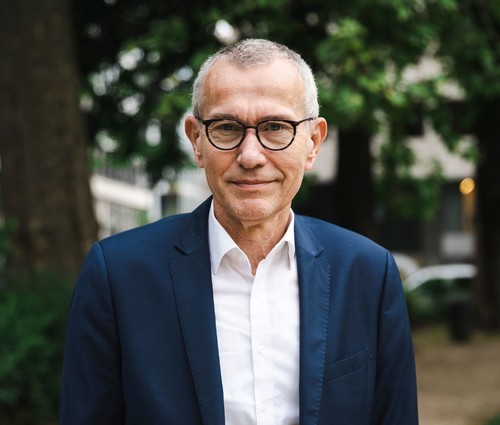
Frank Vandenbroucke
Deputy Prime Minister and Minister for Social Affairs and Public Health, Belgium
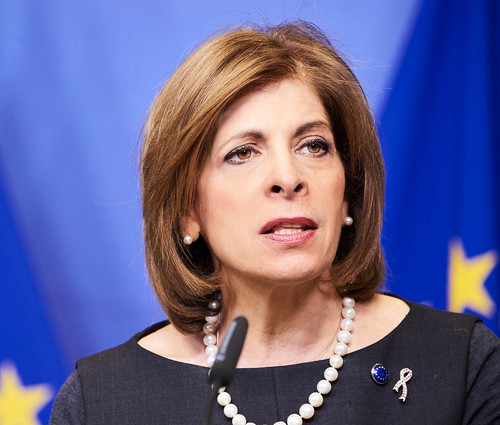
Stella Kyriakides
European Commissioner for Health and Food Safety
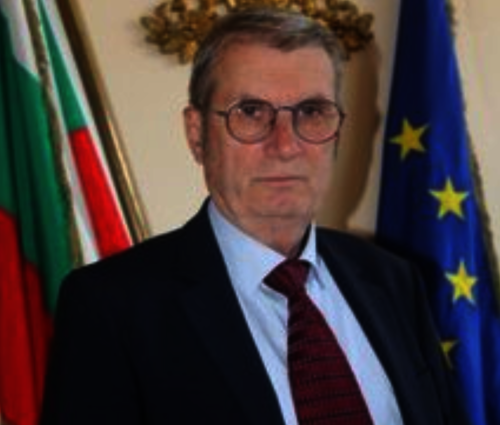
Hristo Hinkov
Minister of Health, Republic of Bulgaria
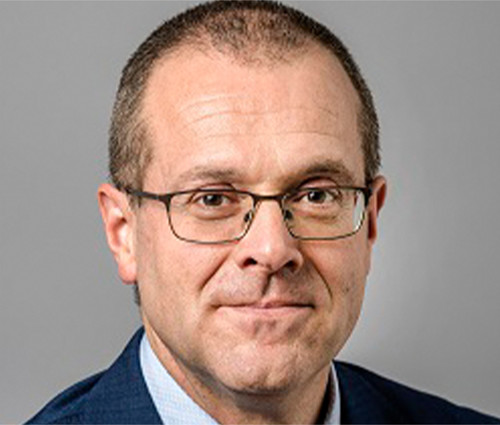
Hans Henri P. Kluge
Regional Director for Europe, World Health Organization
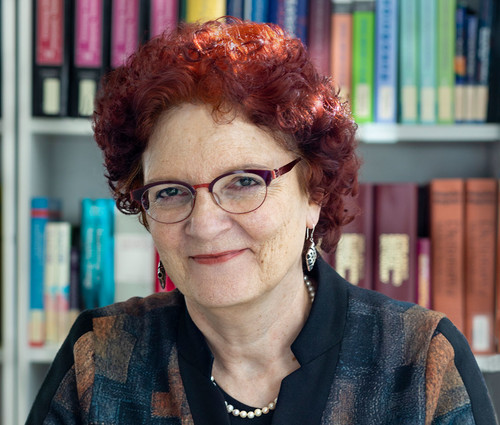
Andrea Ammon
Director, European Centre for Disease Prevention and Control
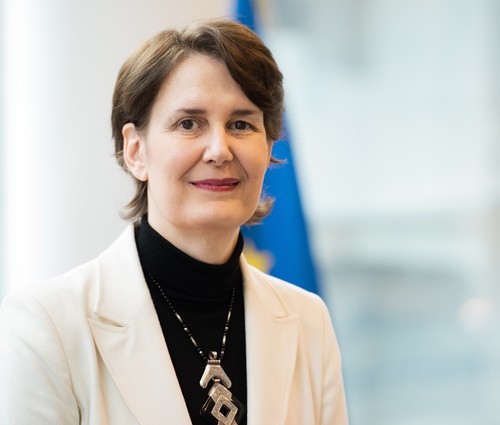
Sandra Gallina
Director-General, European Commission Directorate-General for Health and Food Safety

Nathalie Berger
Director for Support to Member States’ Reforms, European Commission Directorate-General for Structural Reform Support

Sara Cerdas
Member, European Parliament
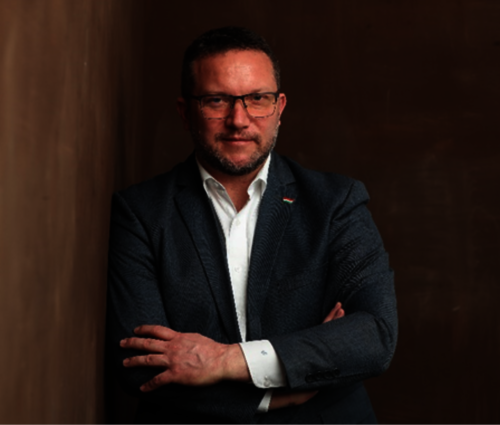
Istvan Ujhelyi
Member, European Parliament
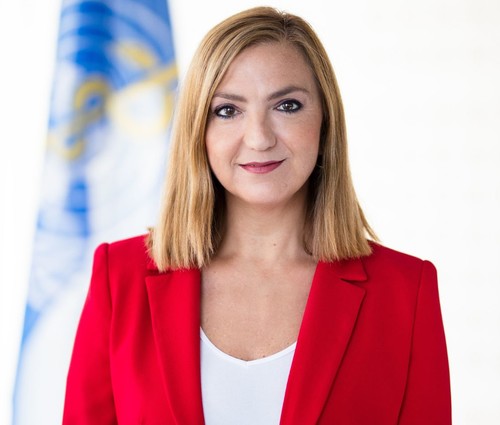
Natasha Azzopardi-Muscat
Director, Division of Country Health Policies and Systems, WHO Regional Office for Europe
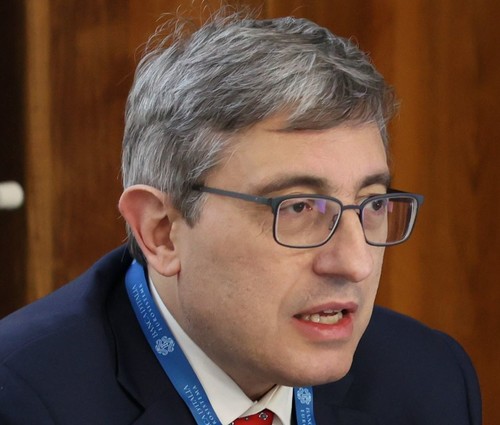
Andrea Brandolini
Director General for Economics, Statistics and Research, Bank of Italy
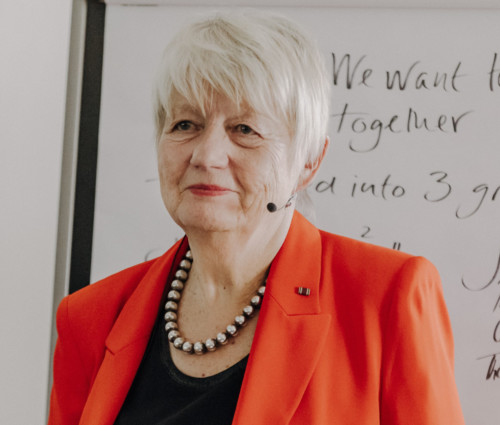
Ilona Kickbusch
Founding Director and Chair of the Global Health Centre, Graduate Institute for International and Development Studies Geneva
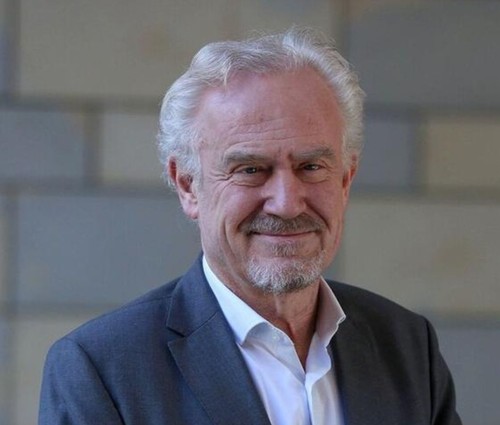
Josep Figueras
Director, European Observatory on Health Systems and Policies

Virginie Hivert
Therapeutic Development Director, EURORDIS
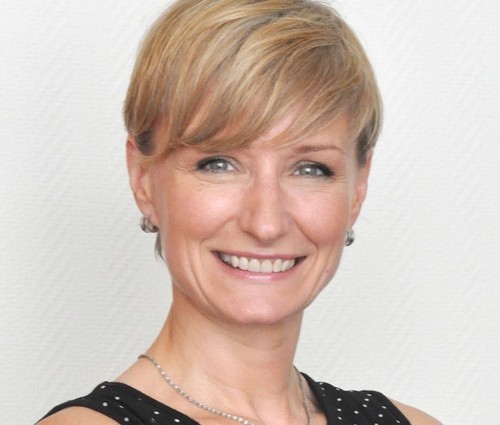
Milka Sokolović
Director General, European Public Health Alliance
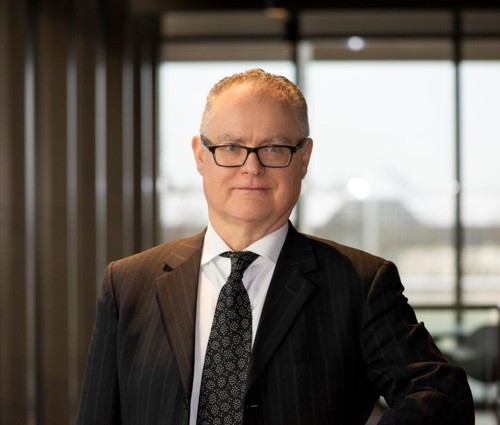
Anthony Humphreys
Head, Regulatory Science and Innovation Taskforce, European Medicines Agency
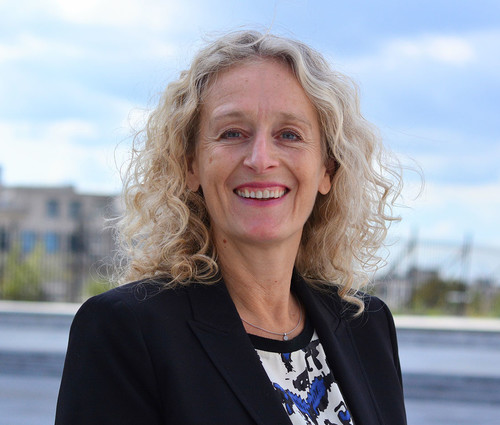
Caroline Costongs
Director, EuroHealthNet
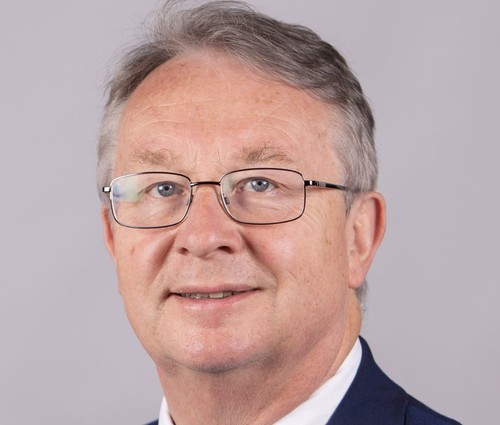
Martin McKee
Professor of European Public Health, London School of Hygiene & Tropical Medicine
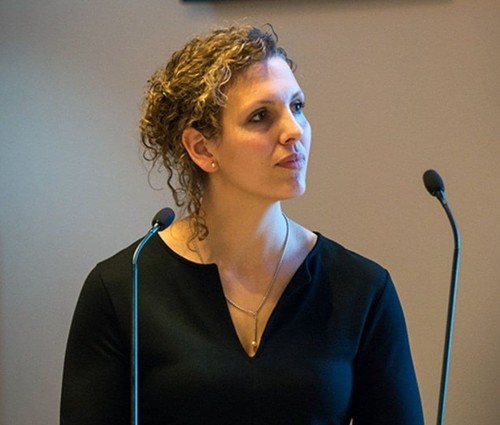
Anniek de Ruijter
Professor in Health Law and Policy, University of Amsterdam, Netherlands
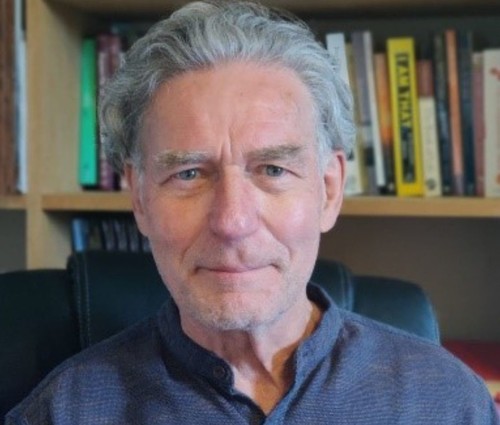
Michael West
Senior Visiting Fellow, The King’s Fund, London
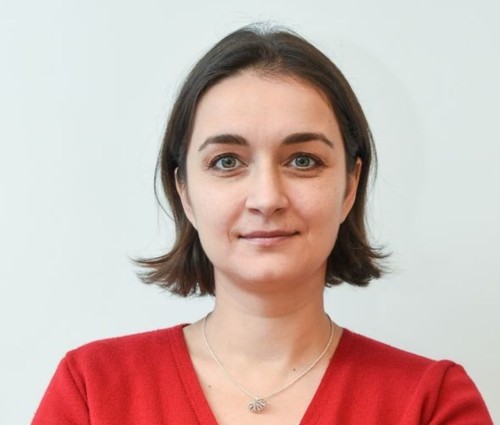
Anca Toma
Executive Director, European Patients' Forum
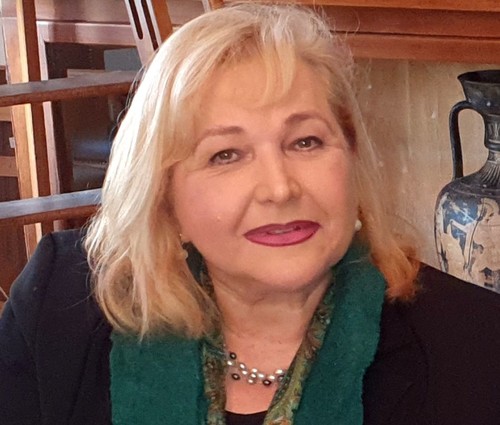
Mira Jovanovski Dašić
Head of Secretariat, South-eastern Europe Health Network (SEEHN)

Šarunas Narbutas
Chairman, Youth Cancer Europe
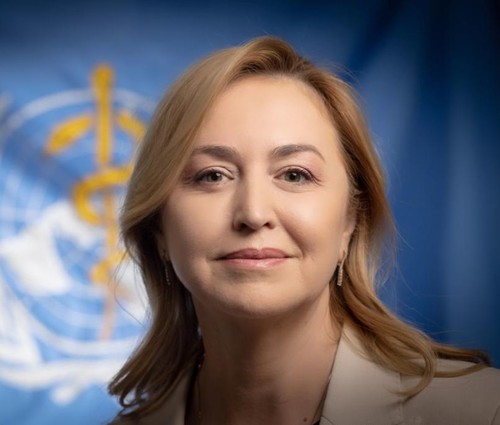
Oxana Domenti
WHO Representative to the EU, World Health Organization
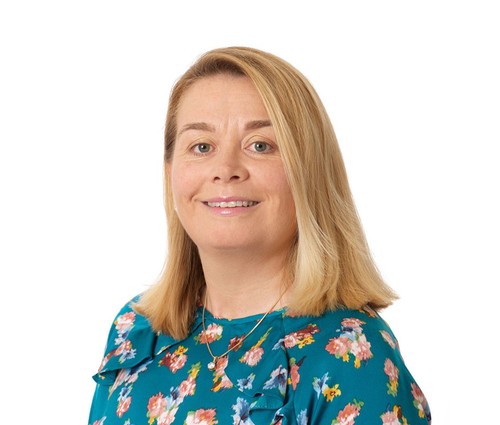
Sharon Slattery
Director of Nursing, St James’s Hospital, Dublin, Ireland
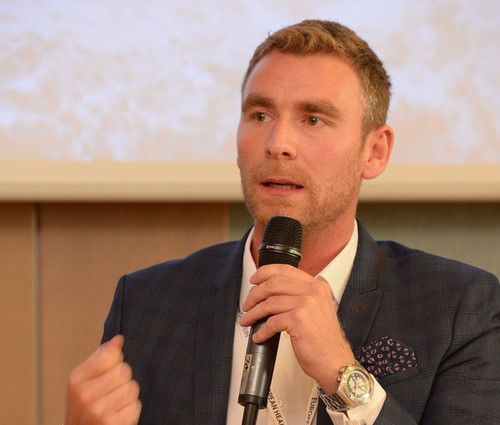
Yannis Natsis
Director, European Social Insurance Platform
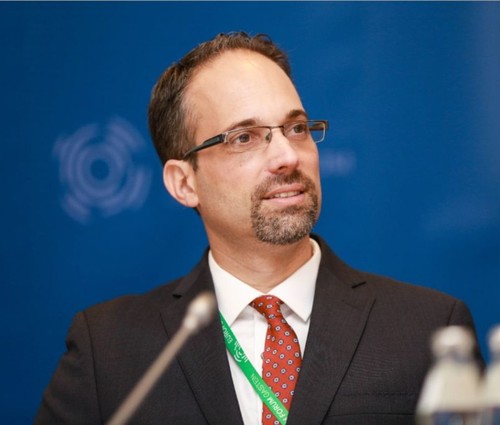
Ran Balicer
Chief Innovation Officer, Clalit & Public Health Professor, Ben Gurion University Israel
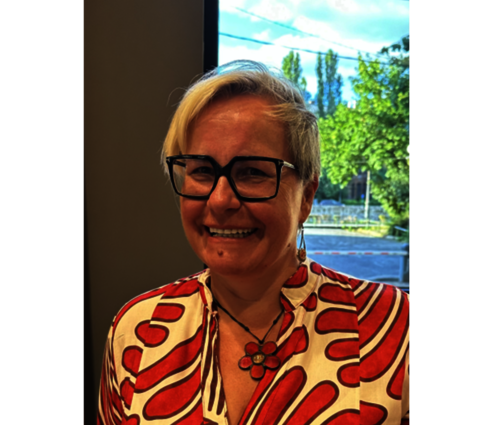
Lejla Kameric
Committee Member, Childhood Cancer International - Europe and Board Member, Heart for Kids with Cancer, Bosnia and Herzegovina
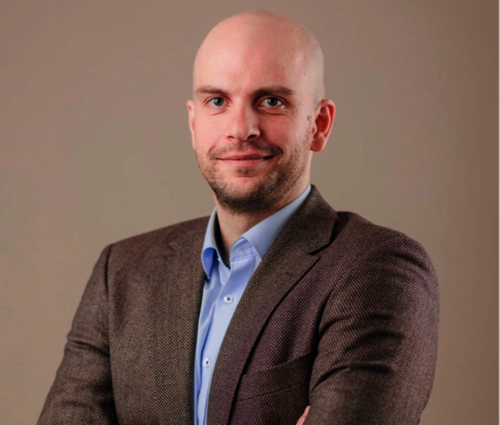
Antanas Montvila
Vice-President, European Junior Doctors Association
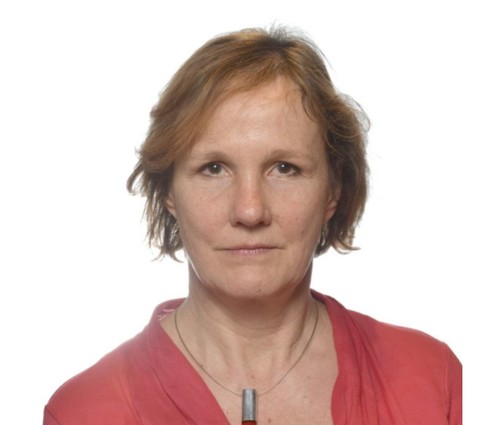
Barbara Kerstiëns
Head of Unit, Combatting Diseases, European Commission Directorate-General for Research and Innovation
Programme Details
- Tuesday | 26.09.2023Tue
- Wednesday | 27.09.2023Wed
- Thursday | 28.09.2023Thu
- Friday | 29.09.2023Fri
5:30
6:00
6:30
7:00
7:30
8:00
8:30
9:00
09:30
10:00
10:30
11:00
11:30
12:00
12:30
13:00
13:30
14:00
14:30
15:00
15:30
16:00
16:30
17:00
17:30
18:00
18:30
19:00
19:30
20:00
20:30
21:00
21:30
22:00
22:30
23:00
23:30
00:00
5:30
6:00
6:30
7:00
7:30
8:00
8:30
9:00
09:30
10:00
10:30
11:00
11:30
12:00
12:30
13:00
13:30
14:00
14:30
15:00
15:30
16:00
16:30
17:00
17:30
18:00
18:30
19:00
19:30
20:00
20:30
21:00
21:30
22:00
22:30
23:00
23:30
00:00
5:30
6:00
6:30
7:00
7:30
8:00
8:30
9:00
09:30
10:00
10:30
11:00
11:30
12:00
12:30
13:00
13:30
14:00
14:30
15:00
15:30
16:00
16:30
17:00
17:30
18:00
18:30
19:00
19:30
20:00
20:30
21:00
21:30
22:00
22:30
23:00
23:30
00:00
5:30
6:00
6:30
7:00
7:30
8:00
8:30
9:00
09:30
10:00
10:30
11:00
11:30
12:00
12:30
13:00
13:30
14:00
14:30
15:00
15:30
16:00
16:30
17:00
17:30
18:00
18:30
19:00
19:30
20:00
20:30
21:00
21:30
22:00
22:30
23:00
23:30
00:00
- 5:00
- 6:00
- 7:00
- 8:00
- 9:00
- 10:00
- 11:00
- 12:00
- 13:00
- 14:00
- 15:00
- 16:00
- 17:00
- 18:00
- 19:00
- 20:00
- 21:00
- 22:00
- 23:00
- 00:00
- 5:00
- 6:00
- 7:00
- 8:00
- 9:00
- 10:00
- 11:00
- 12:00
- 13:00
- 14:00
- 15:00
- 16:00
- 17:00
- 18:00
- 19:00
- 20:00
- 21:00
- 22:00
- 23:00
- 00:00
- 5:00
- 6:00
- 7:00
- 8:00
- 9:00
- 10:00
- 11:00
- 12:00
- 13:00
- 14:00
- 15:00
- 16:00
- 17:00
- 18:00
- 19:00
- 20:00
- 21:00
- 22:00
- 23:00
- 00:00
- 5:00
- 6:00
- 7:00
- 8:00
- 9:00
- 10:00
- 11:00
- 12:00
- 13:00
- 14:00
- 15:00
- 16:00
- 17:00
- 18:00
- 19:00
- 20:00
- 21:00
- 22:00
- 23:00
- 00:00
TOPIC TRACKS
Innovation for a resilient future
To achieve a resilient future, one in which we can make changes that generate long-term social and environmental benefits, innovation is a key enabler. We must therefore gain a greater understanding of the transformative potential of newly proposed solutions to the challenges we face and shed light on the controversies that surround them. In this track we will delve into and critically review the promise of AI tools to help provide safe and resource-efficient care, whilst also contributing to better working conditions for healthcare professionals. Sessions in this track will also investigate different ways of fighting the silent pandemic of anti-microbial resistance, examine best practice examples for making our healthcare systems greener, as well as discuss solutions to achieve better vaccine uptake and understand the impact of the climate crisis on marginalised and underserved communities. We also look forward to learning about the characteristics of the rare disease research and development ecosystem, and how the childhood cancer community can offer a blueprint for cross-border collaboration in the European Health Union.
Building shock-proof health systems
How can we build health systems that will not only withstand shocks, but have the flexibility to anticipate, adapt, and respond to emerging crises? Sessions in this track will concentrate on the importance of keeping health workers at the core of our endeavours, analysing trends in training, recruitment, and retention, in addition to how we can better collaborate on the international mobility of healthcare personnel. Furthermore, we will discuss the critical role of primary healthcare and of person-centred digital solutions in fostering health system resilience. Persisting inequalities between and within European health systems will be analysed, and ideas that countries can implement to make healthcare access more affordable both generally and for people at the periphery of our social systems will be explored. This track also includes a focus on mental health, exploring post-conflict mental health reforms, the mental health of young cancer survivors, and the specific issues affecting healthcare workers’ mental health.
Health policy at a crossroads
The crises we are facing have brought health to the forefront of the EU's political agenda and led to positive developments, such as the establishment of a new EU Global Health Strategy and ambitious policy efforts towards a European Health Union. At the EHFG 2023, we will discuss how to uphold these advances and maintain the momentum for an ambitious union for health – including how health diplomacy can lead to improved health outcomes through better relations between stakeholders. Sessions will discuss the asks of the 2024 European elections, and we will ask EHFG participants to share their health priorities for the next European Parliament and Commission. We will examine the evolving role of national public health institutes in addressing health challenges, and anticipate dynamic debates around the ongoing revision of the EU pharmaceutical legislation, specifically considering availability, affordability, and access to medicines. We will also invite you to join us in an interactive exercise on the role of strategic foresight in addressing global public health threats in our interconnected world.